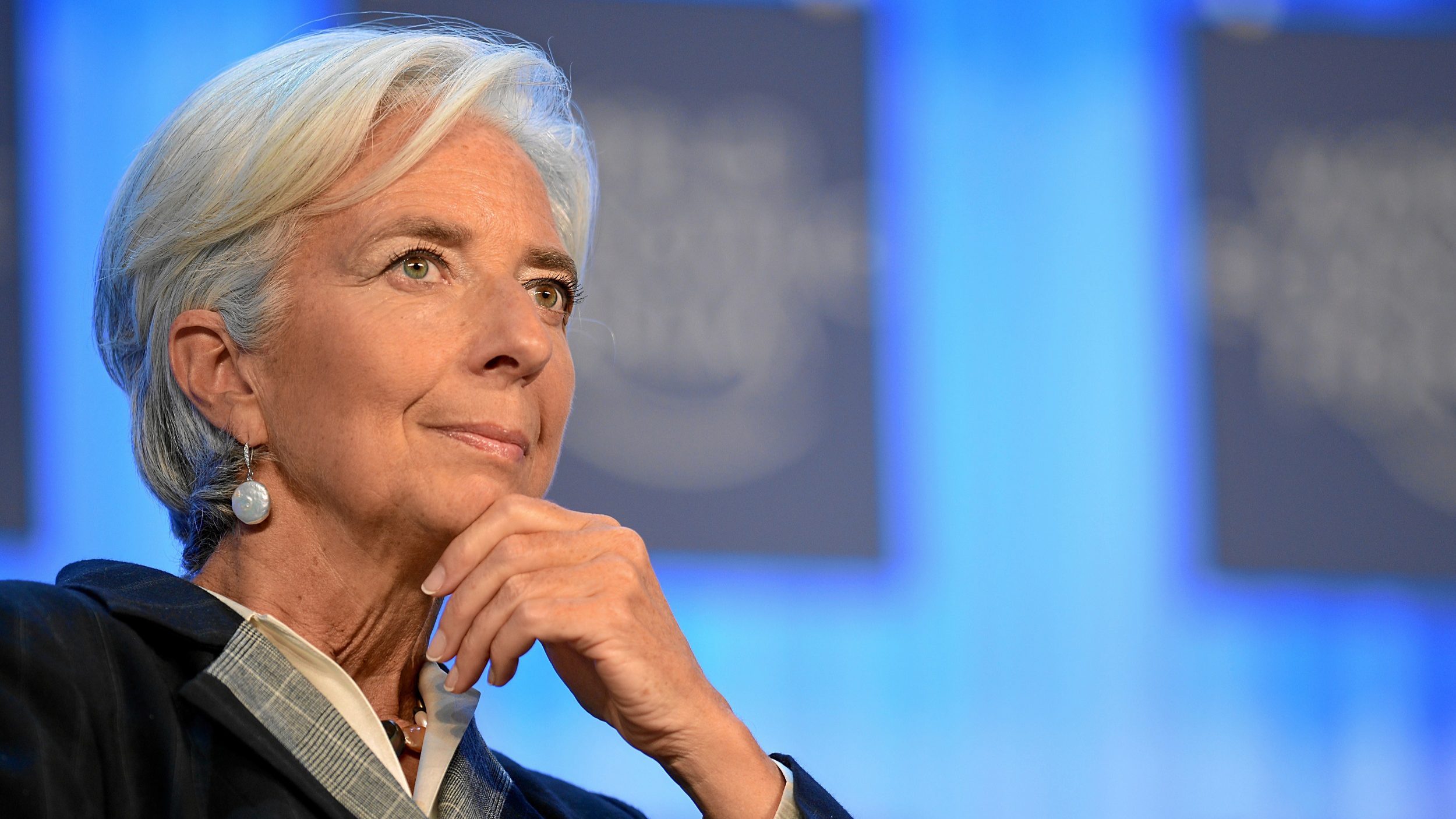IMF says Portugal has a “weak banking and weak investment”
Portugal's progress is "remarkable", although it is a short-term accomplishment. The challenge for Portugal continues to be breaking "the vicious circle between weak banks, high NPLs and weak growth".
Portugal’s progress has been “notable”, the International Monetary Fund (IMF) states, but the risks for growth and sustainability of public finance remain in the medium-term. Portugal needs more investment, more structural reforms, more fiscal consolidation and more efforts in the banking system. In one sentence: “The medium-term policy challenge remains to break the vicious circle between weak banks, high NPLs and low investment that continues to constrain medium-term growth”.
The Executive Board of IMF concluded the Article IV consultation with Portugal, the last report headed by Subir Lall — since Alfredo Cuevas will be the new mission Chief for Portugal, which was published this Friday. In the report, the efforts to control expense and to comply with the fiscal goal last year were considered “strong”, and some developments in banking were also acknowledged.
“Portugal has made notable progress over the past year in reducing uncertainty over near-term risks”, can be read in the beginning of the document, which anticipates a 2.5% for the Portuguese GDP in 2017. But when the analysis turns into a structural assessment, IMF starts giving out warnings.
Deficit
- “Durable structural fiscal consolidation is essential to ensure the sustainability of public finances, with high public debt remaining a considerable risk and the financing environment likely to be less benign as monetary accommodation is eventually reduced”, experts explain.
Banking
- IMF suggests the banking system needs to “follow more ambitious efforts” in increasing its capital. Banks need to clear their balance — getting rid of NPLs — and they also need to improve their profitability, in order to grow more in the future and not be so “vulnerable to negative risks”. The Fund headed by Christine Lagarde believes the Portuguese financial institutions need even more provisions for their NPLs.
Economy
- “Medium-term growth is expected to converge to staff’s estimated potential growth rate of 1.2 percent without more ambitious efforts to address the structural impediments to investment”, the report discloses. In addition, the document states investment needs to increase 6.4% per year in order for Portugal to have a 2% growth in 2021.
- It is also necessary to boost investment, in order to increase the economy’s potential growth. Therefore, IMF suggests a new change to the Company Tax (IRC): instead of having companies deduct the debt interests in the tax, they should deduct part of their equity.
- IMF also points out that in the past few years’ crisis, young people were the most affected group: “Relative poverty developments have therefore been particularly negative for the youth, while the elderly became better off”.
Financing capacity
- The country has once again registered a surplus in the trade balance, but that is not enough to place external debt in a significant downward trend in the medium-term. All in all, IMF says Portugal needs another 2% to 4% of GDP of trade surplus so that the strongly negative international investment position starts to clearly be corrected.
- As for Portugal’s high cash buffer, IMF is optimistic: the country is in a very comfortable place to bear the fluctuations of the market and the financing costs in the debt market, which should remain stable, and Portugal is also in a good place to have a faster reduction of its public debt. Even so, IMF gives a few warnings: this favorable scenario will not last forever and more efforts are needed to increase the country’s resilience in the financial sector, as well as to assure a lasting fiscal consolidation.
IMF’s report highlights that the challenge will continue to be breaking the “vicious circle between weak banks with low profitability, high NPLs, and weak growth”. Experts explain that while banks are limited in their ability to grant financing, they will not be able to help the Portuguese economy grow by financing productive investment.
This means that it would be good for authorities to “take advantage of the current benign macroeconomic conditions to further improve financial sector resilience, ensure durable fiscal consolidation, and raise potential growth”, is the conclusion of the assessment made by IMF’s Board.




